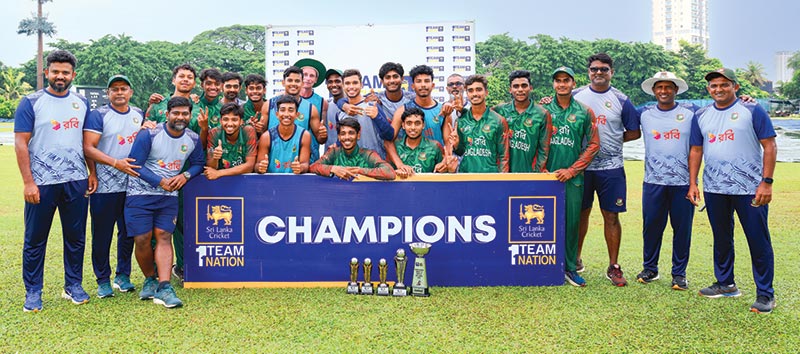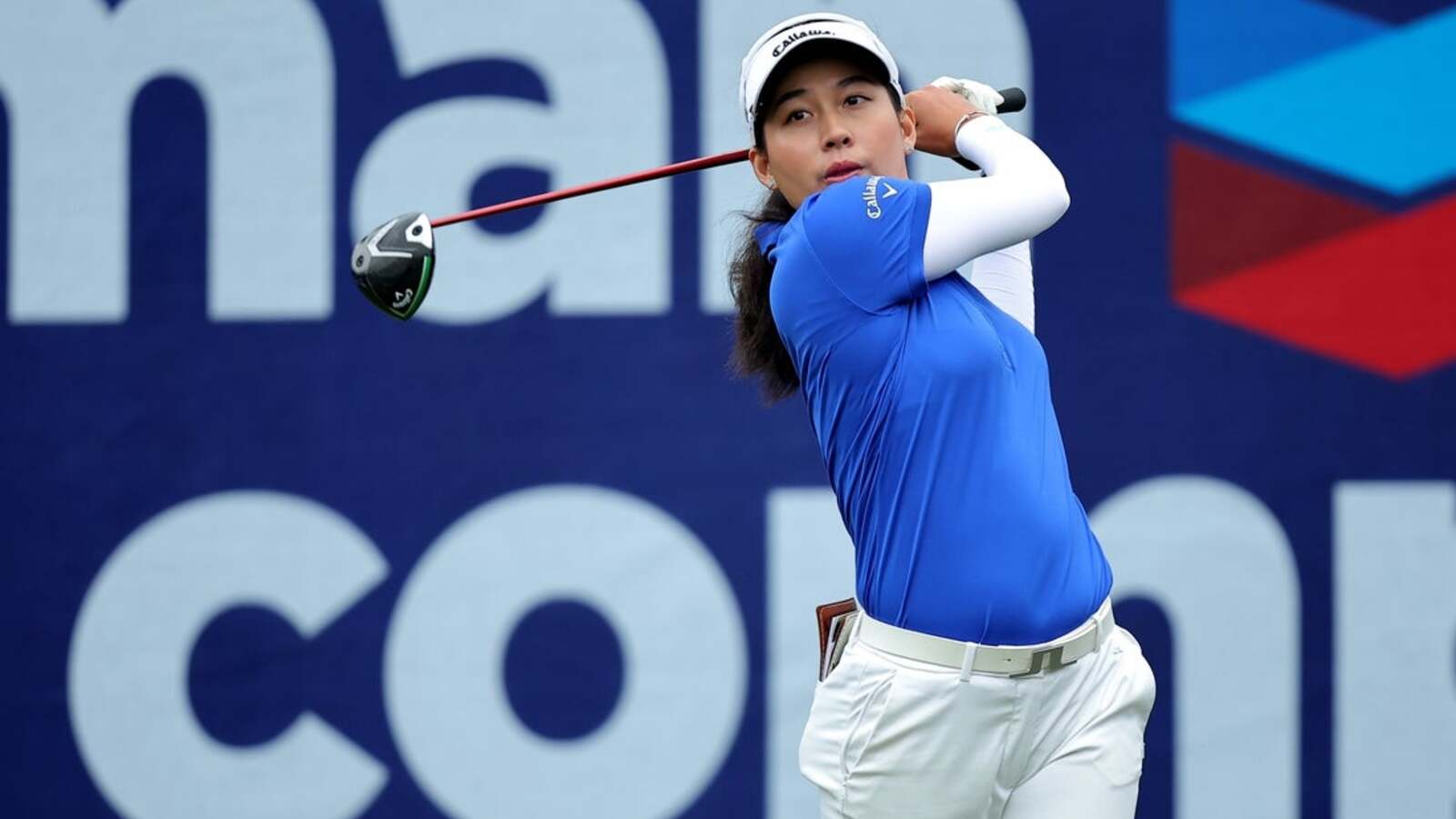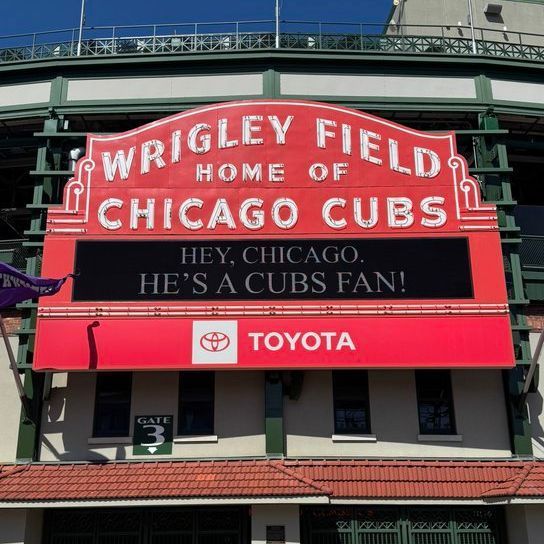Amid the cardinals’ sea of red that appeared at Pope Francis’s funeral , there was one figure dressed in black and white. Like the others, Cardinal Timothy Radcliffe wears a red biretta. But when he was appointed a cardinal by the Pope last year, the Englishman asked the pontiff if he might continue to wear the garb of a Dominican friar – a white habit and a black cloak.
It is not only his clothing that makes him a standout member of the College of Cardinals: many expect Radcliffe to be a leading figure during the cardinals’ deliberations in choosing Pope Francis’s successor. A friar for 60 years, Master of the worldwide Dominican order from 1992 to 2001, Cardinal Radcliffe was entrusted by the Pope to offer spiritual reflections at the Synod he called last autumn on the future of the Church. His books and speeches have given Cardinal Radcliffe a huge following.

But while many Catholics may be praying he is elected pope, his age, 79, and serious ill-health in recent years will count against him. What is much more likely is that the English cardinal will play the role of kingmaker. He has a talent for getting people to listen when he speaks.
If Cardinal Radcliffe can cut through all the politicking and the factionalism already emerging – even before Pope Francis was buried – and help unite the cardinals around one figure, he will have accomplished something not far short of a miracle. Over the past couple of years, as Pope Francis suffered bouts of illness, behind-the-scenes conversations about who might succeed him happened whenever cardinals gathered in Rome for meetings. Even before the late pontiff’s funeral , cardinals had begun the pre-conclave discussions known as general congregations.
These involve both members of the College of Cardinals too old to vote and those under 80 who will take part in the secret ballot in the Sistine Chapel. Unlike the conclave, there is no oath of secrecy taken at the congregations and word does leak out about which cardinal said what about the great issues facing the Church. In 2013, after Pope Benedict XVI resigned, among the cardinals who addressed his fellow red hats was Jorge Bergoglio of Argentina, who told them the Vatican had become too navel-gazing and the Church had to reach out to the margins of society.
Several days later they elected Bergoglio as Pope Francis. This time around, some cardinals are already planning speeches. Among them is Cardinal Louis Raphael Sako, patriarch of Baghdad, who has apparently indicated to friends that he feels he should speak up.
If it were enough to convince the others that Cardinal Sako should take the throne of Peter, it would be a surprise to those already offering odds. Betting companies are already naming their favourites such as Cardinal Luis Tagle of the Philippines and Cardinal Peter Turkson of Ghana. The cardinals are likely to form three camps: the Francis torch-bearers ; the reversers; the consolidators.
Someone such as Cardinal Tagle is seen as an Asian version of Pope Francis, keen to keep reforming the church, and focusing on parts of the world well beyond Europe. But critics say the Filipino has been on manoeuvres for too long which will harm his cause. So might film of him, recently discovered, singing John Lennon’s Imagine, with its “imagine there’s no heaven.
..and no religion too” lyrics.
Critics of the Pope thought he was too soft on personal morality, failing to maintain the Catholic Church’s tough stance on divorce and remarriage, homosexuality, and transgender issues . Among these reversers is Cardinal Gerhard Muller, sacked by Francis in 2017 from his role as the Vatican’s doctrinal chief, who said this week he would be speaking out at the general congregations: “The question is between orthodoxy and heresy”. The next pope, said Cardinal Muller, 77, must not “look for the applause of the secular world that sees the Church as a humanitarian organisation doing social work”.
With the Pope Francis having appointed 80 per cent of the 135 cardinals with a vote, can the reversers make any headway, or has he packed the conclave with like-minded men? It’s not as simple as that. Many of them come from the global south and have more hardline views on issues such as sex than European liberals. They warmed to the pontiff on poverty and the environment, but if they want a more traditional view on sex, they might become consolidators, turning to someone such as Cardinal Mario Grech of Malta, close to Pope Francis but more conservative on personal morality.
The cardinals will also think about age. Cardinal Robert Sarah, the African loved by traditionalists and an arch-critic of Pope Francis, is considered too old at just weeks short of his 80th birthday, while Cardinal Pierbattista Pizzaballa, Patriarch of Jerusalem, is thought too young at 60. Asked whether the time had come for an African or Asian pope, Archbishop Jean-Claude Hollerich, a Jesuit who was a close advisor to the pontiff, replied: “Why not? But it’s not a given.
” Skills and personality were more important than geography, he said, adding that a pope would always be a unifying figure.The ideal candidate would be a “simple man” who is “not too young nor too old”, “can connect with people” and “knows how to listen” to both those on the left and on the right, Cardinal Pizzaballa said. Conclave is about God’s power Given how many cardinals this time come from all over the world and many don’t know their colleagues well, anyone given a prominent role during this time, such as Cardinal Pietro Parolin, secretary of state, 70, might gain votes.
Gatherings, including at embassies, have influence too. Last time round in 2013, the UK embassy to the Holy See hosted an important reception for cardinals from across the Commonwealth, when the late Cardinal Cormac Murphy-O’Connor, Archbishop of Westminster, urged them to back his friend, Jorge Bergoglio. Ultimately, though, for all the manoeuvres, the cardinals will see the conclave as not about their earthly power, but about God’s.
Cardinal Francois-Xavier Bustillo, the bishop of Ajaccio in Corsica, said his fellow cardinals should eschew political games and listen to each other before deciding. “We must not act tactically or strategically,” he said. “We must serve and act responsibly.
” Murphy-O’Connor’s Westminster successor, Cardinal Vincent Nichols, will be at the conclave, a prospect he has called “quite intimidating”. Once the doors of the Sistine Chapel have been locked, he told the BBC, there will be “a peacefulness and prayerfulness between us” away from “the political manoeuvring and Paddy Power’s bets”. “This will be a group of men trying to discern God’s will”, he said.
“That’s the only thing that matters”..
Sports

The English cardinal who could be the papal kingmaker

Amid the cardinals’ sea of red that appeared at Pope Francis’s funeral, there was one figure dressed in black and white.















